Social Sustainability: Regulation and Practice for Multinational Companies in Developing Countries
VerifiedAdded on 2023/05/28
|8
|982
|374
AI Summary
This presentation discusses the importance of social sustainability for multinational companies in developing countries. It covers topics such as child labor, gender equality, and indigenous people's approach. The presentation also includes an evaluation of sources using the CRAP method.
Contribute Materials
Your contribution can guide someone’s learning journey. Share your
documents today.
1 out of 8
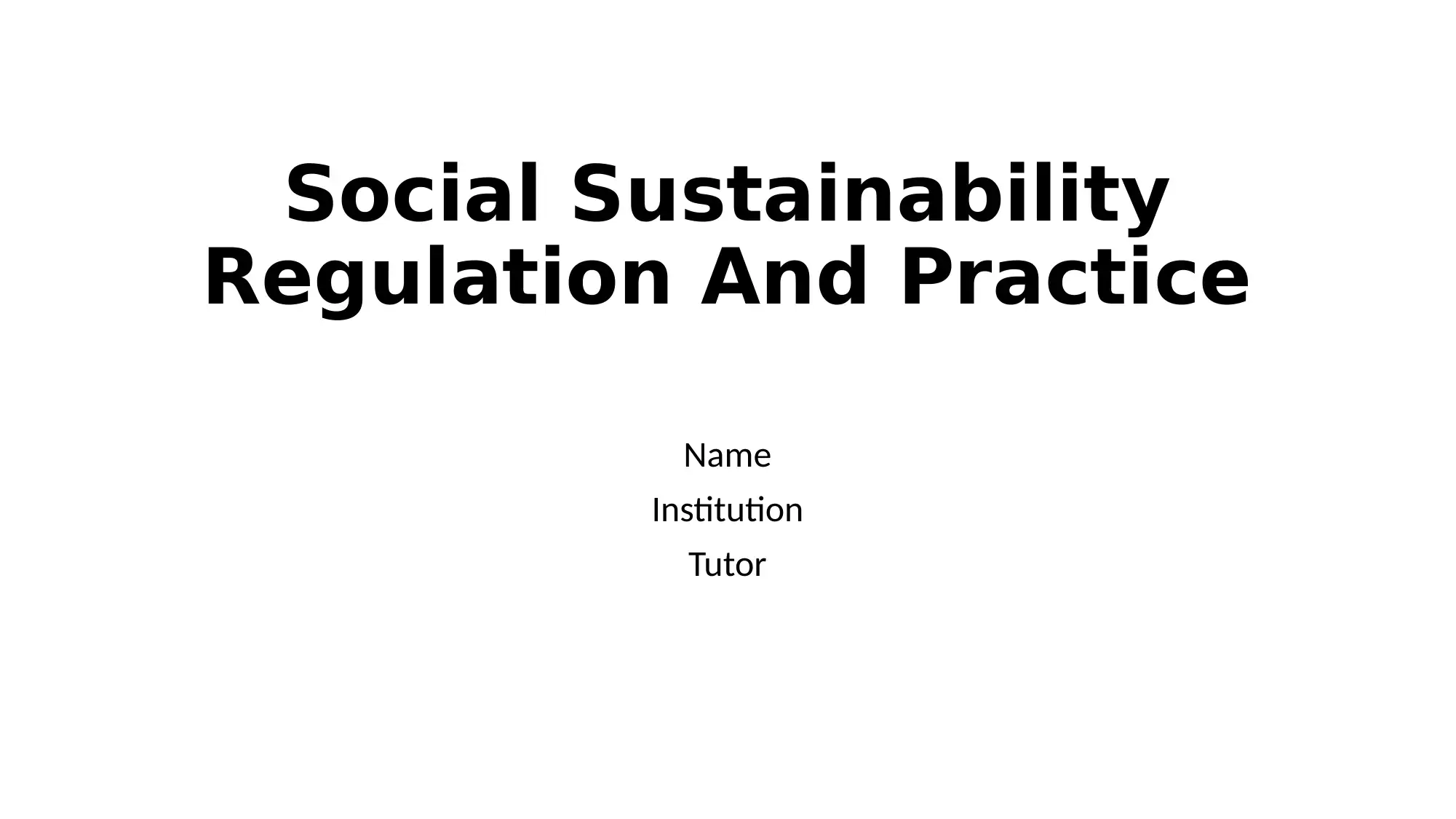
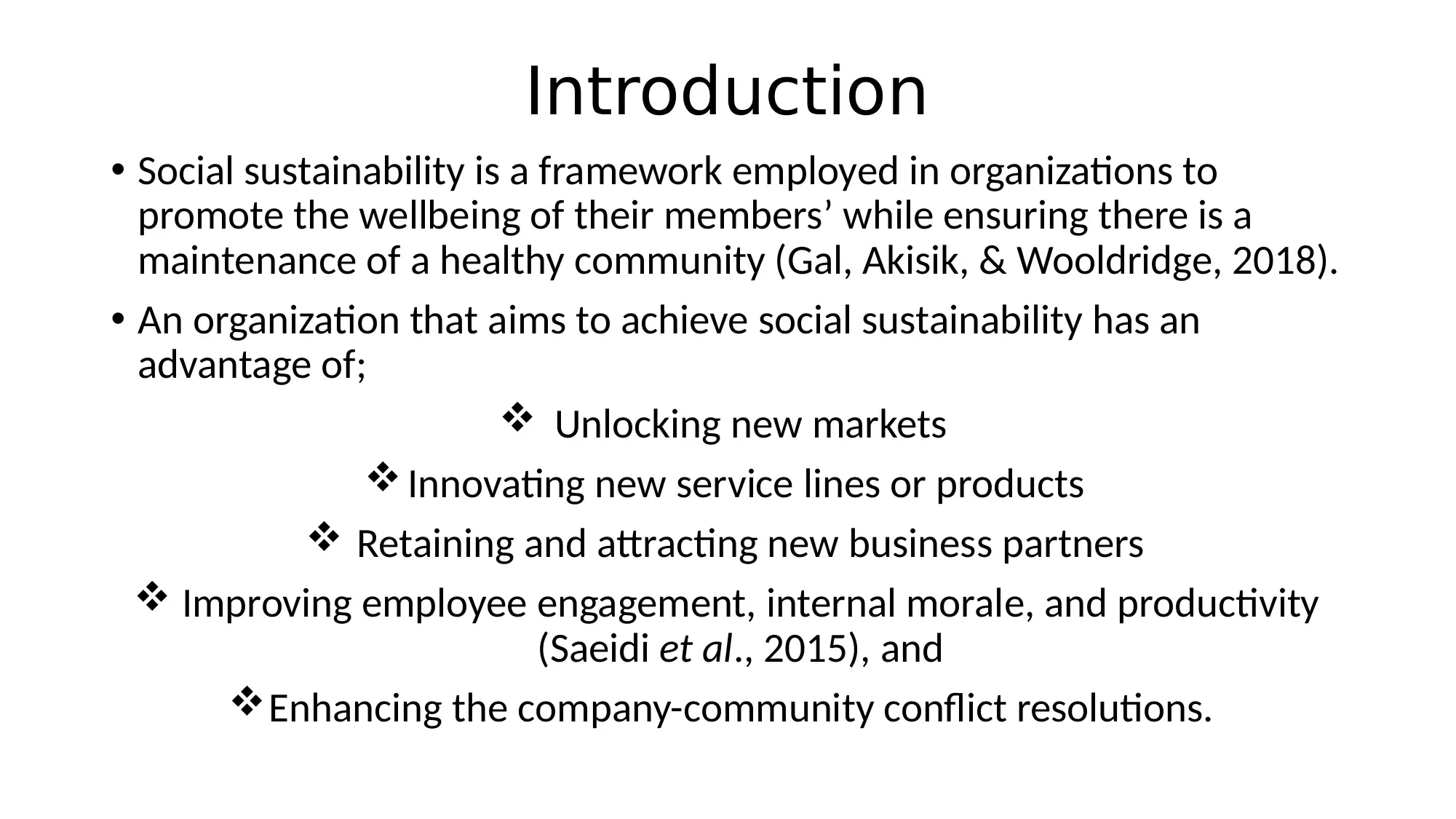
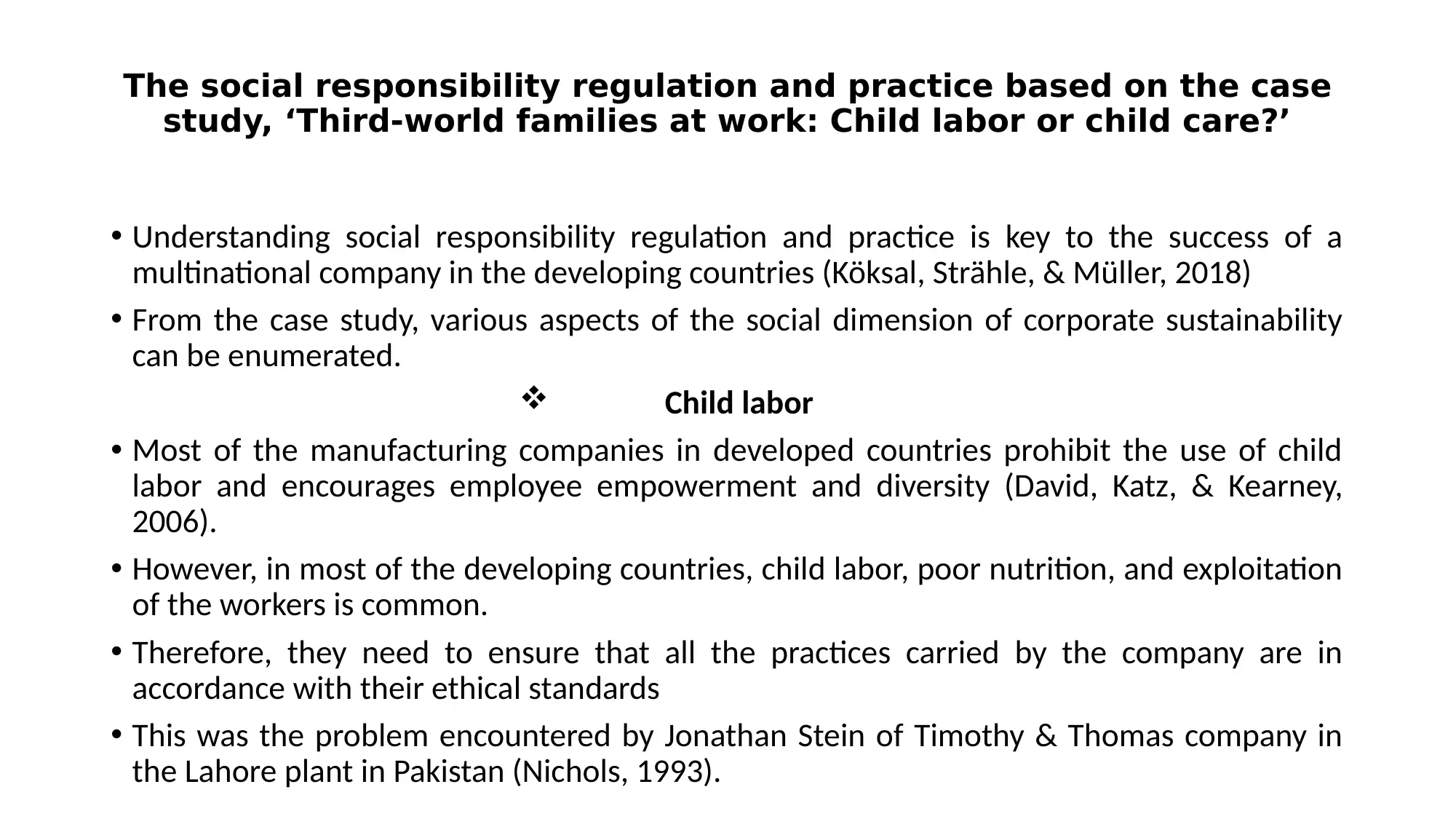
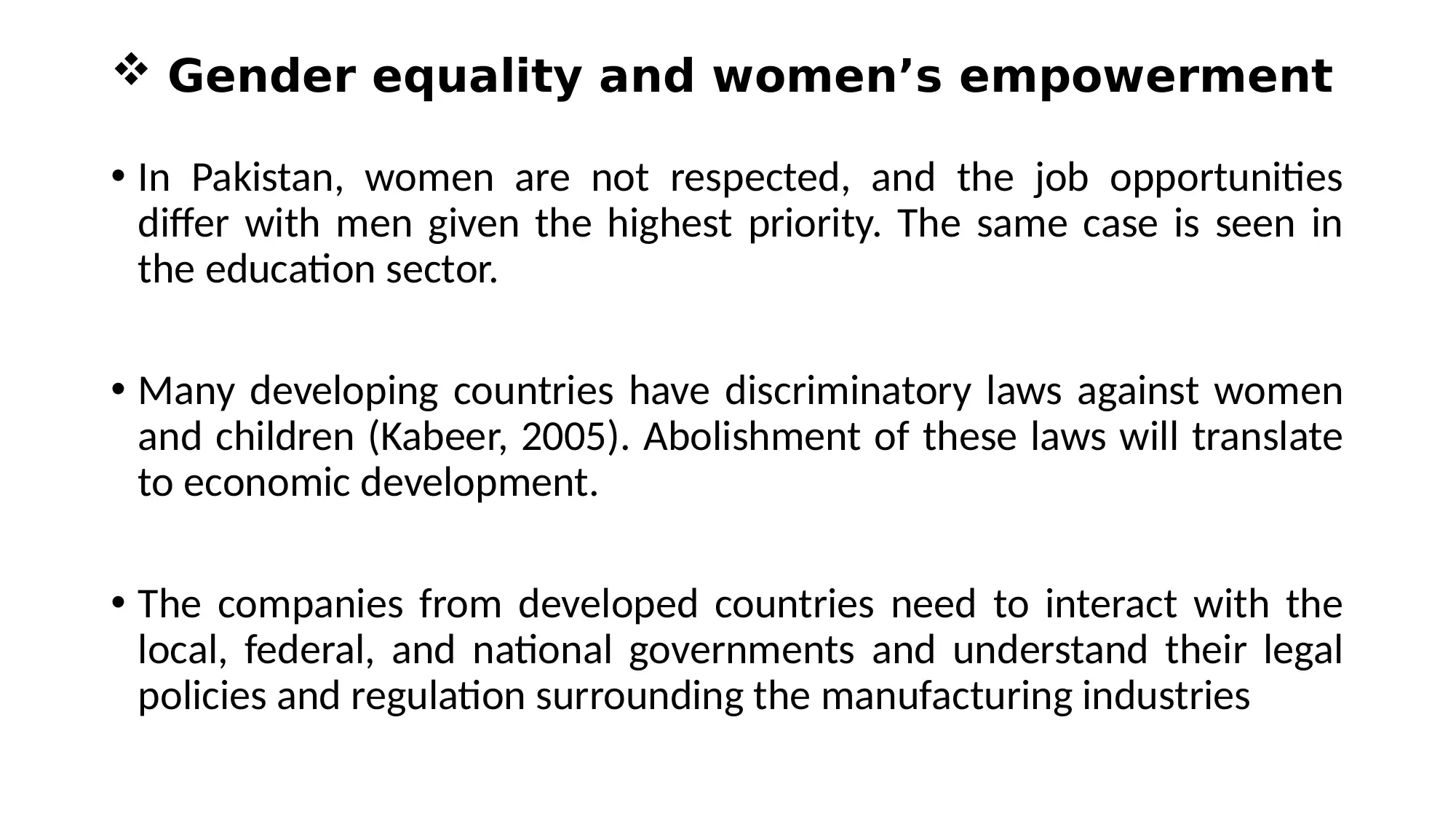
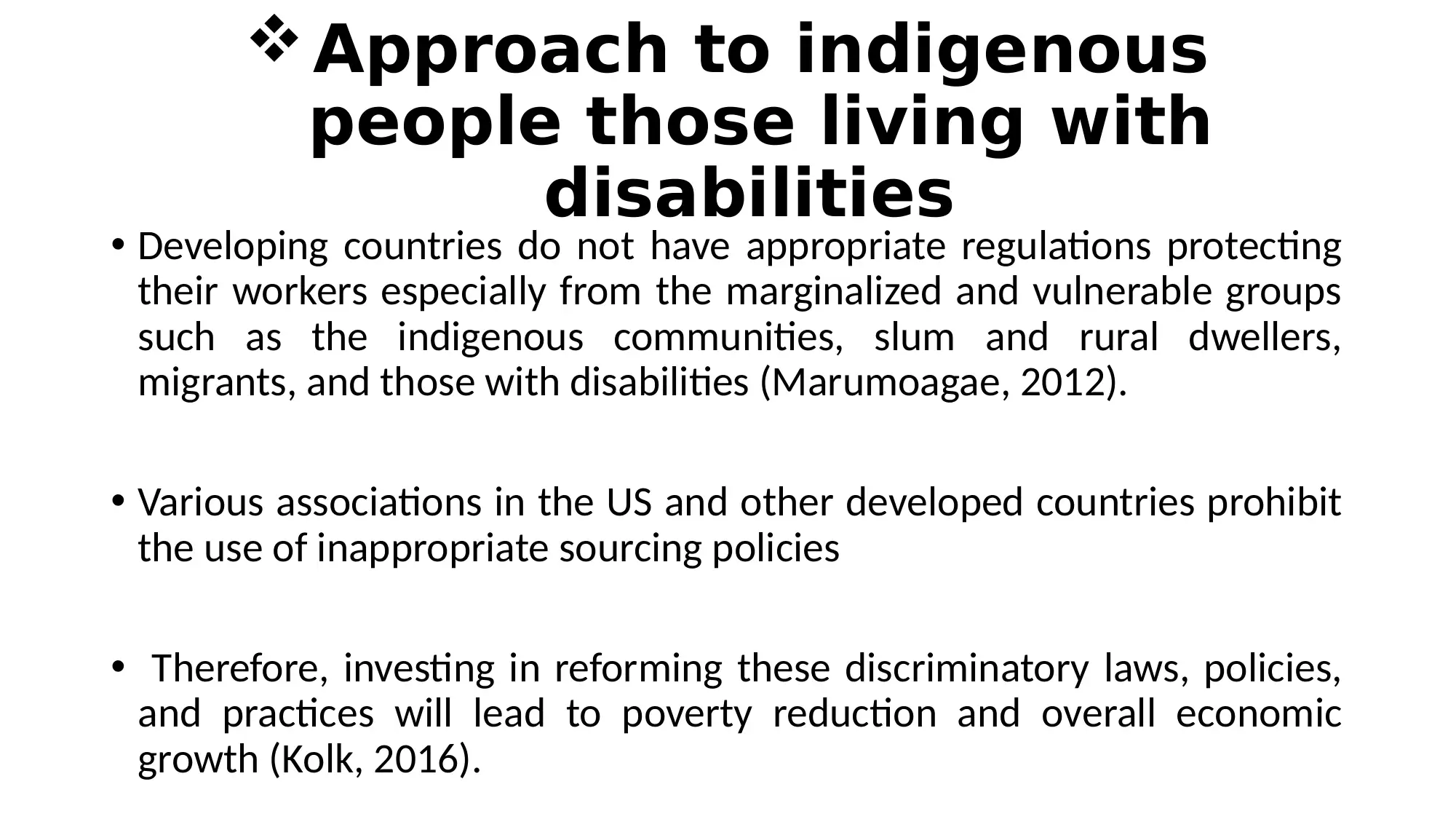
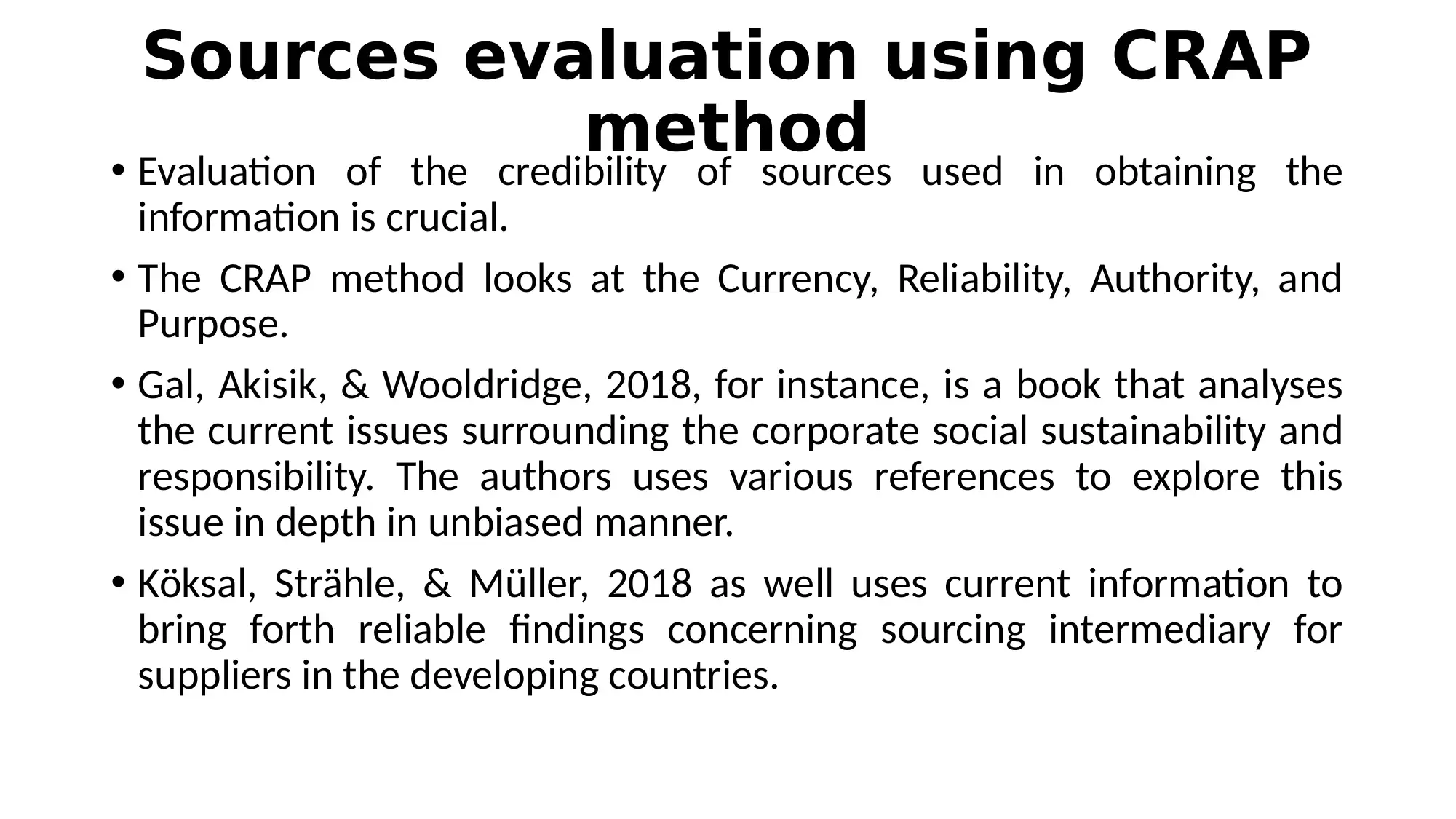
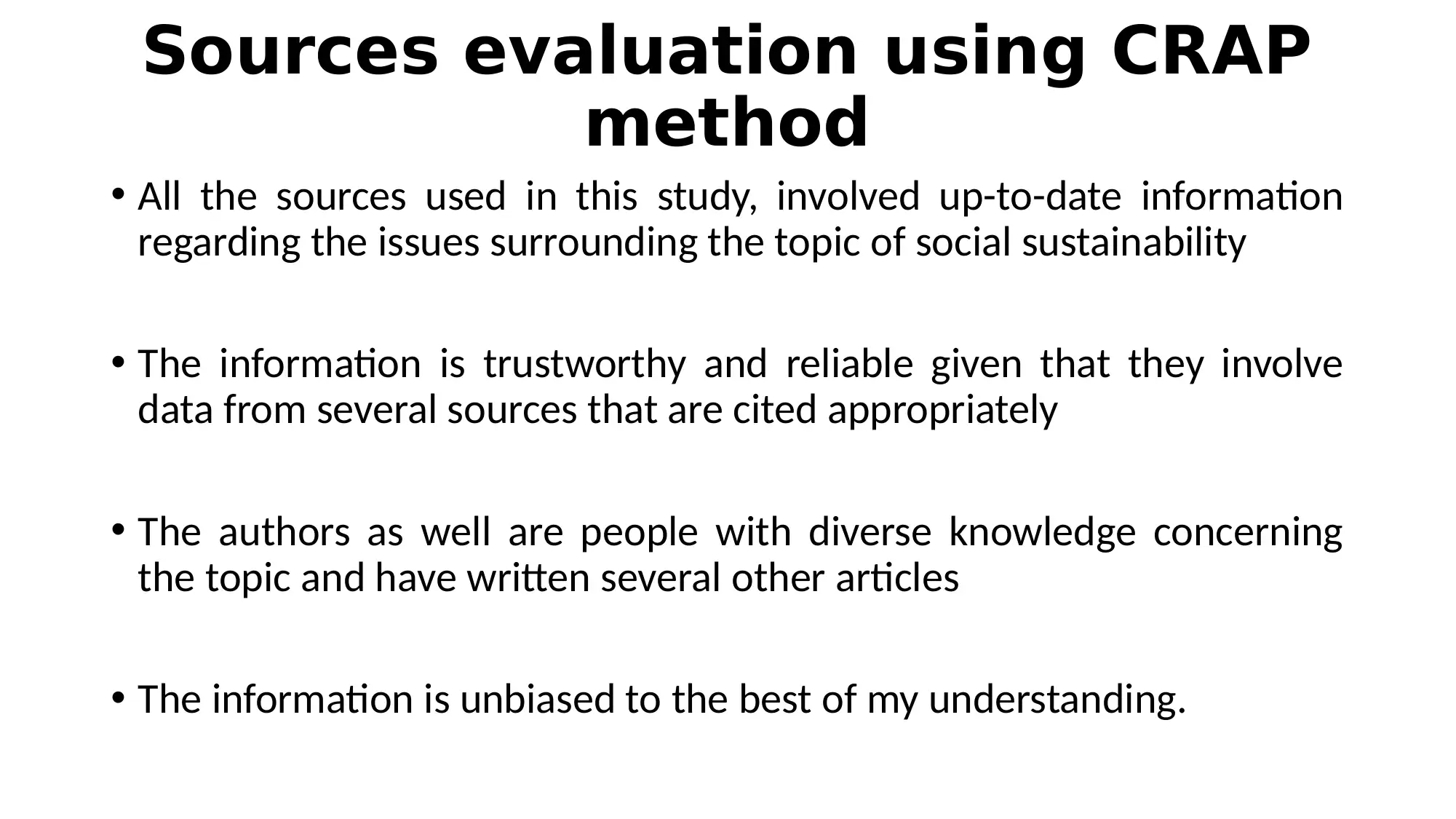
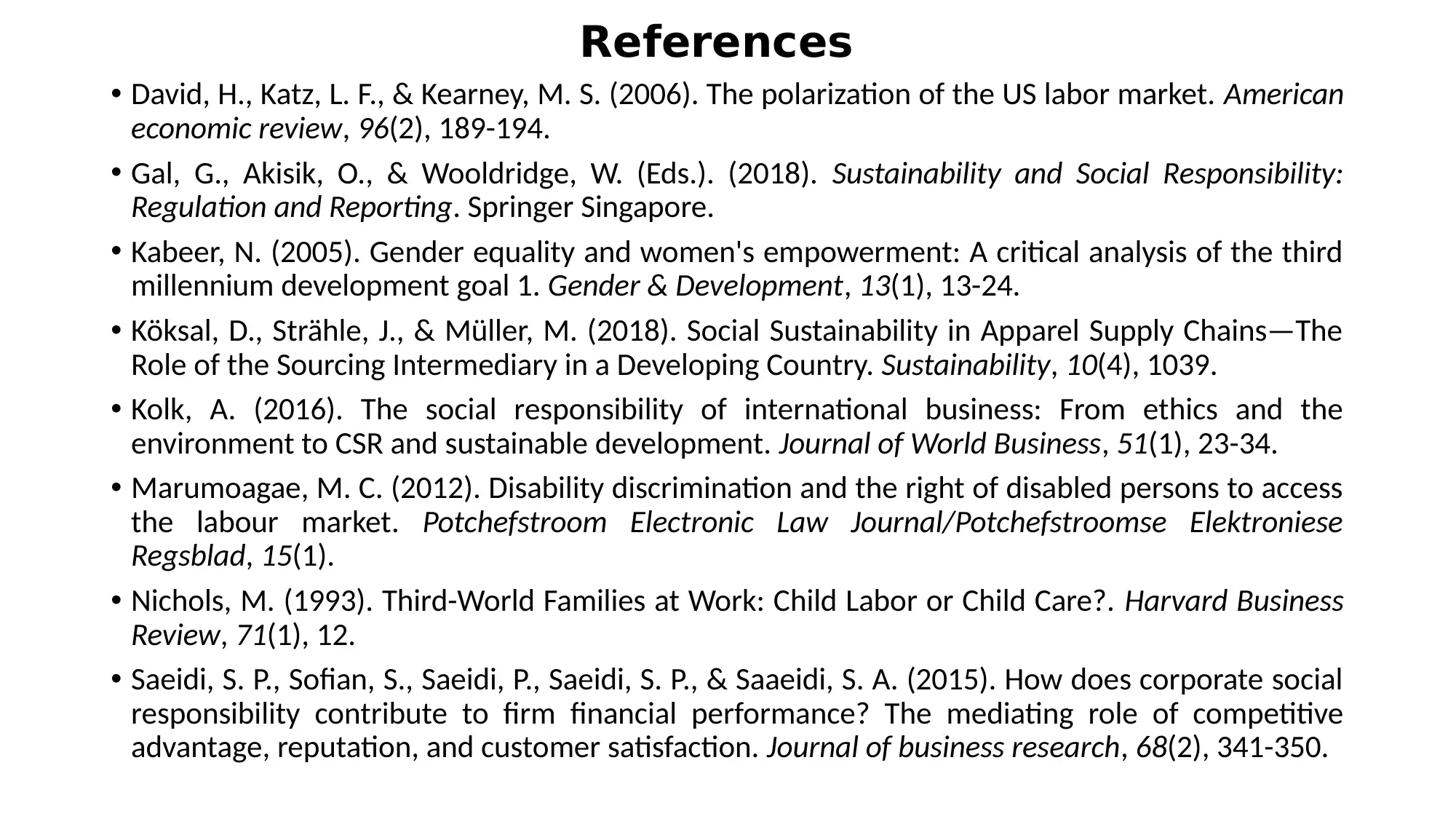






![[object Object]](/_next/static/media/star-bottom.7253800d.svg)